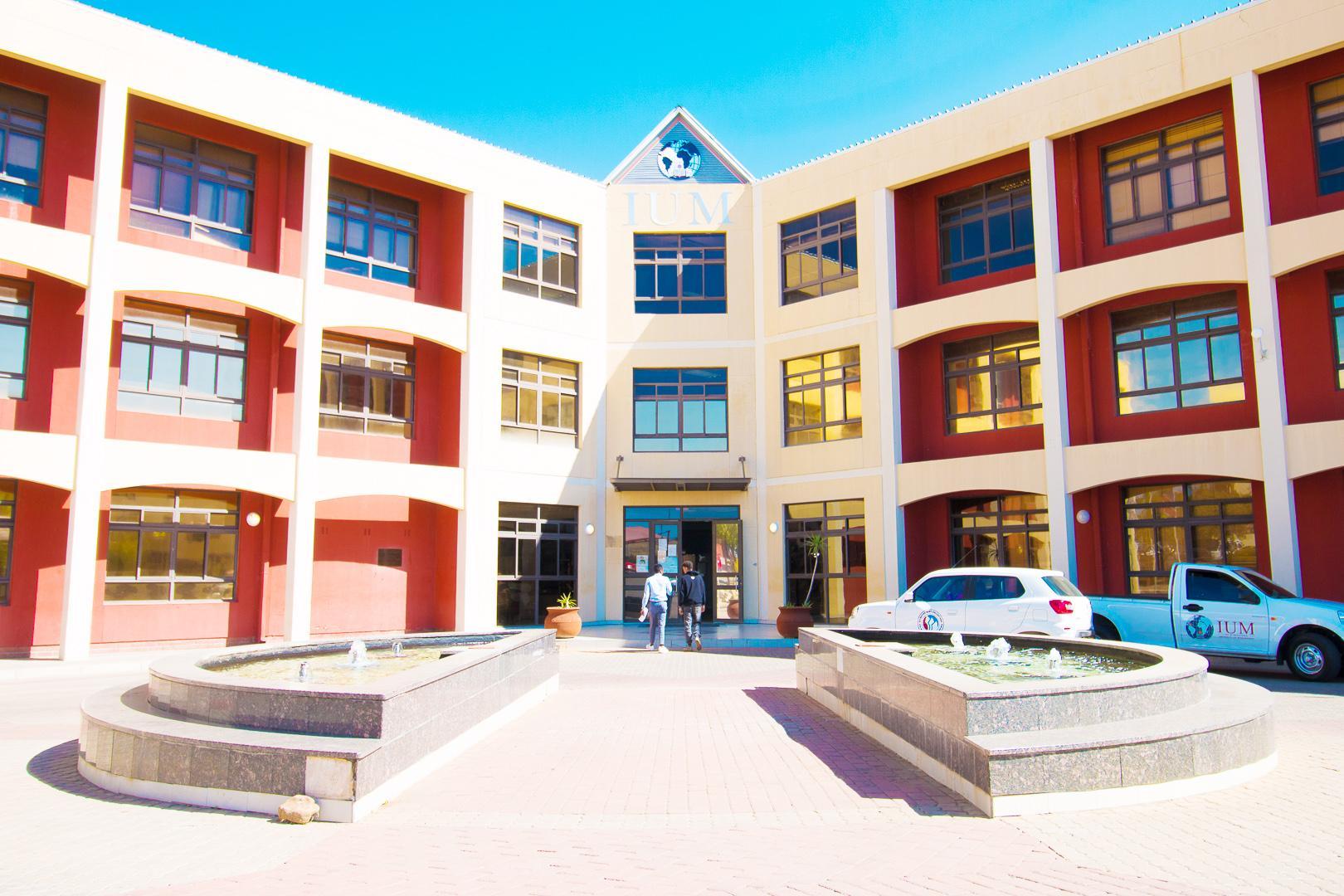Africa-Press – Namibia. Education minister Sanet Steenkamp said with the new directive to fully subsidise public universities as well as technical and vocational education and training (TVET) institutions, they will ensure that private tertiary institutions are not impacted.
Financial provision has been made for private tertiary institutions, and a funding model will be developed, she revealed.
The minister said this initiative is in accordance with the Swapo Party manifesto implementation plan.
It will involve the exploration of the type of modalities to focus on in private colleges and universities.
“We will work in close collaboration with the Ministry of Finance and Social Grants to see how best to address the issues of funding availability in a seamless, timely manner, most effectively, so that no one is disadvantaged.
But this would mean that there will be a series of consultations with public universities and entities as well as TVET colleges. Of course, as we develop the funding model and formula for the private institutions, we will also sit around the table with them,” the minister said.
President Netumbo Nandi-Ndaitwah announced during her maiden State of the Nation address last Thursday that tertiary education at public institutions of higher learning will be 100% subsidised by the government from the 2026 academic year.
This means no registration fees and tuition fees will be required at public universities and TVET centres.
This is accompanied by capex [capital expenditure or capital expense] for infrastructure development, including new facilities across regions.
Across the country, public universities face the deterioration of infrastructure, including internet connectivity such as Wi-Fi.
Additionally, the plan states that the enabler to achieve the strategic objectives for quality throughput into higher education should be underpinned by the priority to fast-track the full integration of pre-primary and early childhood development into the mainstream education system.
A strong foundation budgetary provision should be made for the assessment thereof, including infrastructure requirements in Year One of this implementation plan.
On the other hand, whether the free tertiary education initiative will cater to both undergraduates and post-graduates is still to be determined.
“We need to revisit the existing funding models and the existing policy that is in place with the funding criteria, and look into cost-sharing, equity, equality, sit with in-depth consultation with our public universities and TVET colleges, and only then will we do a costing, and expand and look at various scenarios.
We will have to look at what the market basis for enrolment is. What is the average enrolment registration? What is the average tuition for the different programmes, and the possible intake in priority fields? Based on that, we can go back with the discussions to Cabinet,” Steenkamp stated.
To allow for the seamless funding of tertiary education, the Namibia Students Financial Assistance Fund (NSFAF) will be reintegrated into the education ministry by October 2025.
Opposition
Speaking during the Independent Patriots for Change (IPC)’s state of the nation address, party president Panduleni Itula criticised the new tertiary education plan.
He predicted that this is doomed to fail, saying that infrastructure development, teachers’ funding and job-creation are not simultaneously budgeted for.
“It was encouraging to hear the President celebrate Namibia’s young population. But celebration is not enough – we need rescue. Our education system is under strain – pass rates for critical subjects like Mathematics and Science are alarmingly low (for instance, only 1% of learners scored an A* in Math at NSSCO last year). Thousands of students do not qualify for tertiary education or skilled jobs,” he argued.
On Friday, Itula proposed an ‘Education Quality Emergency’, a fun, aggressive teachers’ training model, modernising curricula to match job market needs (especially in information technology and agriculture), as well as ensuring accountability in schools and tertiary institutions for outcomes.
“It is shocking when we consider Her Excellency’s call for unity and justice. Yet, she discriminates against students such as nurses and teachers who train at private institutions, who also contribute upon qualification to the gross domestic product of our nation. Should the government not meet them halfway too?” he questioned.
For More News And Analysis About Namibia Follow Africa-Press






